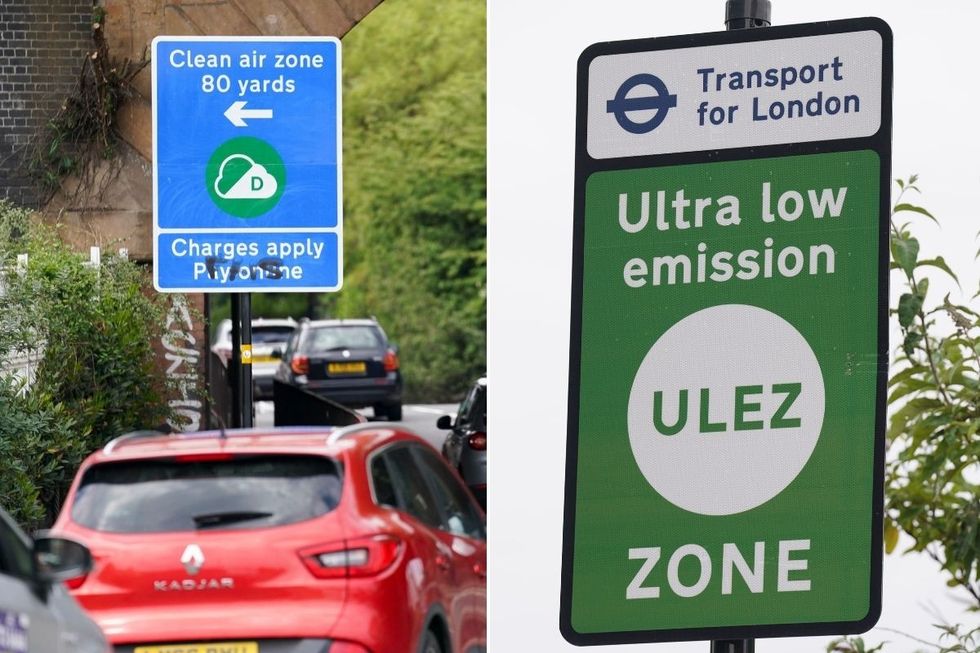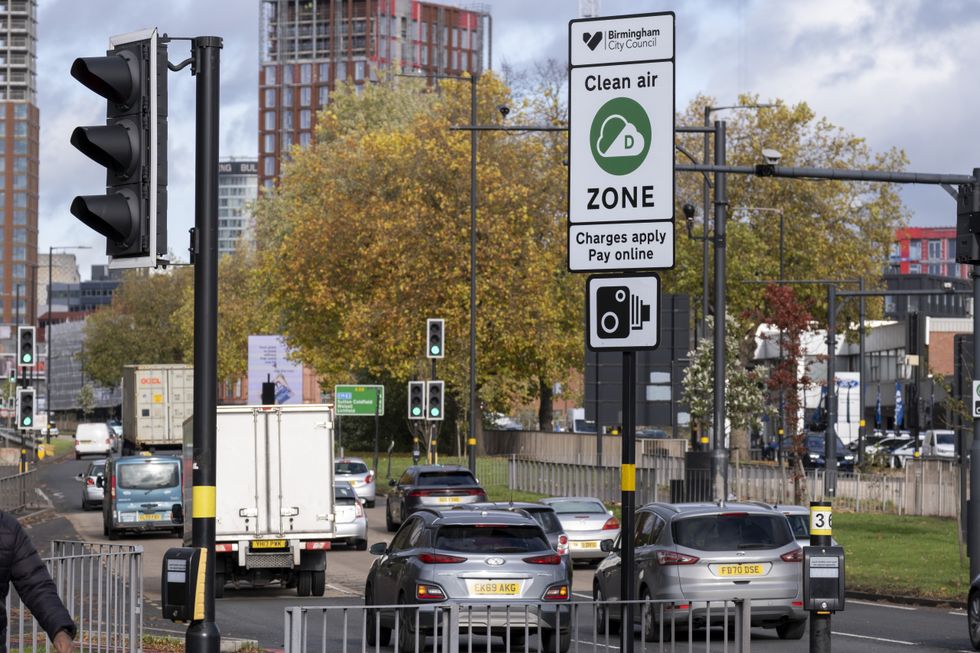Local authorities caught breaching Clean Air Zone rules by using petrol-powered tools while fining millions
A report found that several councils operating Clean Air Zones still use petrol-powered tools
Don't Miss
Most Read
A number of councils which operate Clean Air Zones across the UK have been undermining their own environmental rules by continuing to use petrol-powered maintenance tools while charging drivers roughly £120, a shocking report has revealed.
The report found that despite restrictions on petrol and diesel vehicles in these designated areas, many local authorities are still relying on petrol-powered equipment to maintain public spaces.
The contradiction highlights a significant gap in clean air policies, with tools such as leaf blowers and hedge trimmers shown to produce emissions comparable to, or even exceeding, those of cars.
A Freedom of Information request has exposed that the majority of council-operated tools within Clean Air Zones remain powered by environmentally harmful petrol engines.
Do you have a story you'd like to share? Get in touch by emailingmotoring@gbnews.uk

The UK has a number of Clean Air Zones in operation which still use petrol-powered tools
PAResearch showed that 60 per cent of council-operated tools are still powered by petrol within designated clean air zones.
Birmingham City Council performed the worst in the study, operating 100 per cent petrol-powered tools within their Clean Air Zone.
The daily use of more than 60 petrol tools in Birmingham's Clean Air Zone was found to be emitting harmful pollutants, directly contradicting the zone's purpose, the report stated.
Under the CAZ rule, non-compliant cars, taxis and large goods vehicles are charged £8 per day for travelling around Birmingham city, with drivers who fail to pay the daily fee facing fines of £120.
According to the report, several London boroughs were also found to be using exclusively petrol-powered equipment in areas meant to promote cleaner air through the Ulez.
Meanwhile, emissions testing carried out by EGO Power Plus and Millbrook found that some petrol-powered gardening tools also emit alarming levels of pollutants.
These tools were recorded as producing 11 times more carbon monoxide and four times more nitrogen oxides than a Ford Fiesta.
But while the majority of councils are lagging behind, some local authorities are making significant progress towards cleaner maintenance practices.
London's Royal Borough of Kensington and Chelsea came out top, having fully transitioned to battery-powered equipment for 100 per cent of its tools.
Sheffield Council has also made strides, with battery-powered equipment now accounting for 85 per cent of its maintenance tools.
London's Brent is similarly committed to reducing emissions, with 90 per cent of its tools now battery-powered.
Vince Brauns, Product Director at EGO Power Plus said: "The sustainability challenge is something that faces every local authority across the UK, and the removal of highly-polluting outdoor power equipment has a role to play.
"While it's encouraging to see a handful of councils have fully adopted battery power to maintain outdoor spaces, others still have a journey ahead of them."
LATEST DEVELOPMENTS:
 The Birmingham Clean Air Zone was launched in 2021 GETTY
The Birmingham Clean Air Zone was launched in 2021 GETTYHe added: "Transitioning to battery power can be done in an easy-to-manage and cost-effective manner, maximising council resources while supporting the drive towards cleaner air and greater levels of sustainability."













